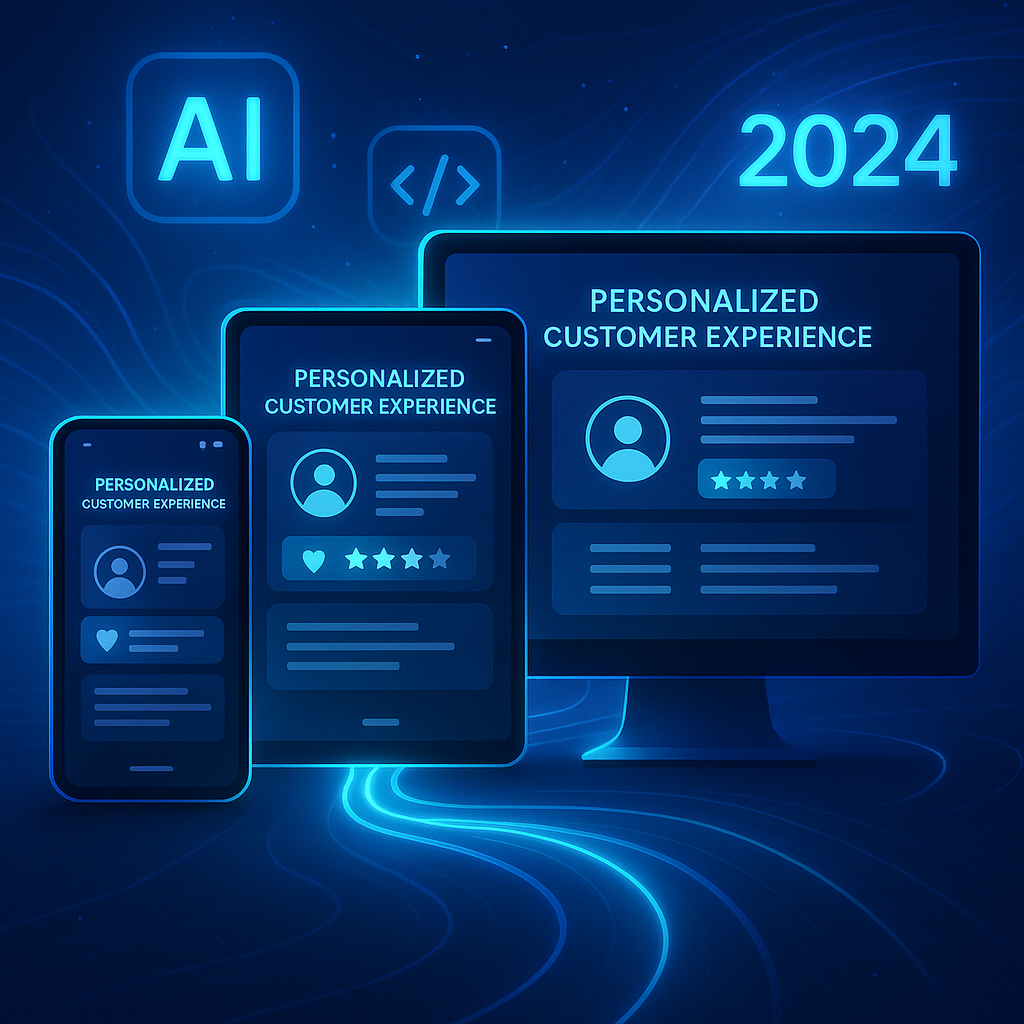
How Custom Software Development is Revolutionizing Customer Experience in 2024
The New Era of Customer Experience in 2024
As businesses navigate the complexities of today’s digital landscape, customer expectations have reached unprecedented levels. They seek seamless interactions, personalized journeys, and instantaneous support. Driving these transformations is custom software development, a catalyst enabling organizations to tailor experiences with precision and agility.
Why Custom Software Development Matters for Customers
Unlike off-the-shelf software solutions, custom software is purpose-built to address the unique needs and challenges of each business and its clientele. This specificity results in experiences that feel intuitive and deeply personalized. The benefits for customer experience include:
- Personalized Engagement: Tailored features and interfaces adapt to customer preferences in real time.
- Improved Responsiveness: Custom-built support platforms facilitate rapid assistance and resolution.
- Scalability: Adaptable to evolving customer behaviors and business growth without major overhauls.
- Integration: Seamless connection with existing systems and data sources increases coherence across touchpoints.
2024’s Defining Trends in Customer Software Development
1. AI-Driven Personalization Engines
Advances in artificial intelligence have paved the way for custom software that predicts customer needs before they arise. For example, a bespoke retail app can now analyze purchasing patterns instantly, offering personalized product recommendations and dynamic content tailored to each user’s style and shopping behaviors.
2. Hyper-Responsive Omnichannel Platforms
Customers expect uniform quality whether they interact via mobile, desktop, or in-person kiosks. Custom software development enables businesses to build omnichannel platforms that maintain consistent experiences and synchronized data, ensuring transitions across channels are frictionless.
3. Proactive Customer Service Automation
Beyond standard chatbots, 2024 sees custom-developed intelligent agents that handle complex queries autonomously. These agents learn from prior interactions and offer proactive solutions, reducing wait times and enhancing satisfaction.
4. Secure and Transparent Data Handling
With data privacy concerns mounting, bespoke software allows businesses to design transparent data consent workflows and robust security measures that build trust and comply with evolving regulations, directly impacting customer confidence.
Real-World Example: FinTech Firm Elevates User Experience with Custom Solutions
A leading FinTech startup in 2024 deployed a custom-built mobile platform integrating AI-powered budgeting tools and personalized financial advice. Customers experienced tailored notifications about spending habits, real-time fraud alerts, and an adaptive interface that adjusted based on user behavior and preferences. The result? A 35% increase in customer retention and markedly higher app engagement.
Behind the Scenes: Technologies Fueling the Revolution
Several technologies underpin the transformative potential of custom software in customer experience:
- Cloud-Native Architectures: Allow rapid deployment and scaling of applications delivering uninterrupted service globally.
- Microservices: Enable modular updates, facilitating iterative improvements to customer-focused features without downtime.
- AI and Machine Learning Frameworks: Power adaptive interfaces and predictive analytics tailored to individual customer profiles.
- APIs: Integrate legacy systems and third-party services, enriching the customer ecosystem.
Challenges and Considerations
While custom software offers impressive benefits, there remain challenges to address:
- Development Time and Cost: Building bespoke application demands an upfront investment both financially and time-wise.
- User Adoption: Tailoring experiences requires deep understanding of customer needs, necessitating comprehensive user research and testing.
- Ongoing Maintenance: Evolving software must be carefully maintained and updated to keep pace with changing customer expectations.
Looking Ahead: The Future of Customer Experience through Custom Software
2024 marks a pivotal point where customer experience is intricately bound to the capabilities of custom software development. Businesses that leverage this synergy will not only meet but anticipate customer needs, crafting journeys that surprise and delight. As technologies continue to evolve, the convergence of AI, data analytics, and bespoke development promises even more immersive and human-centric experiences.
Embracing this approach means seeing customer experience as a dynamic, ever-improving ecosystem—one where each interaction is tailored, timely, and truly transformational.




